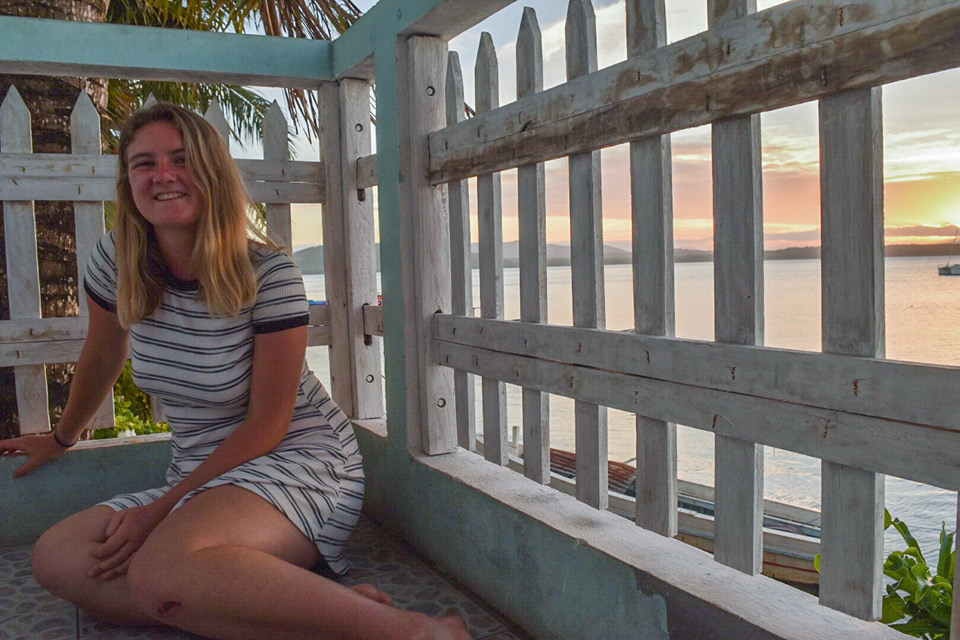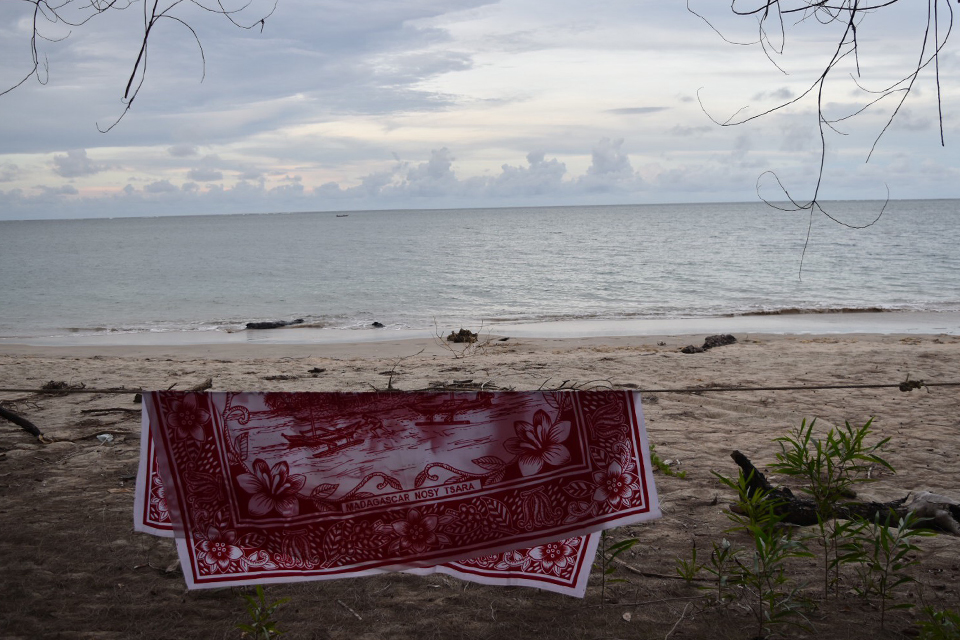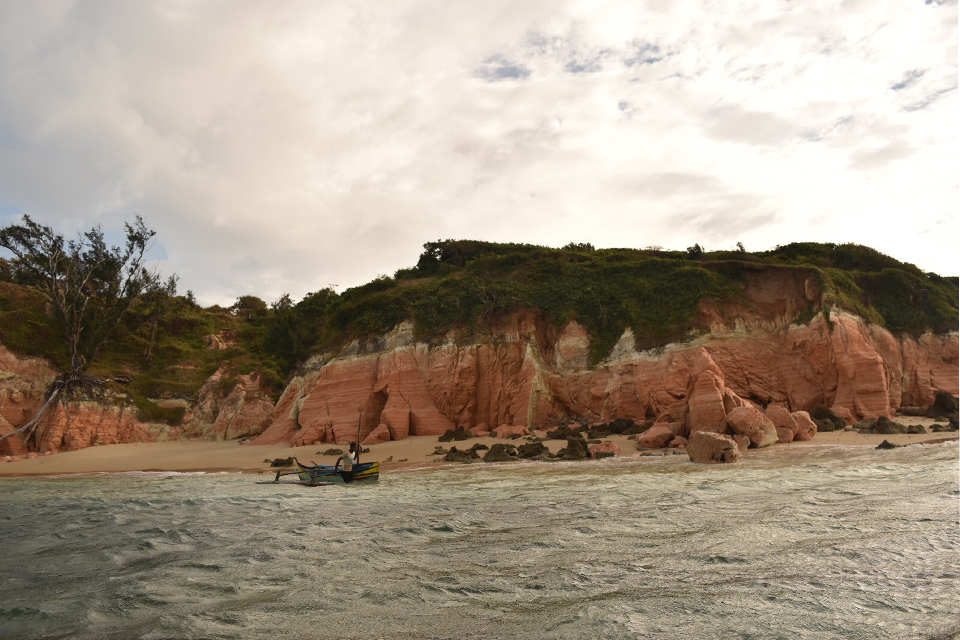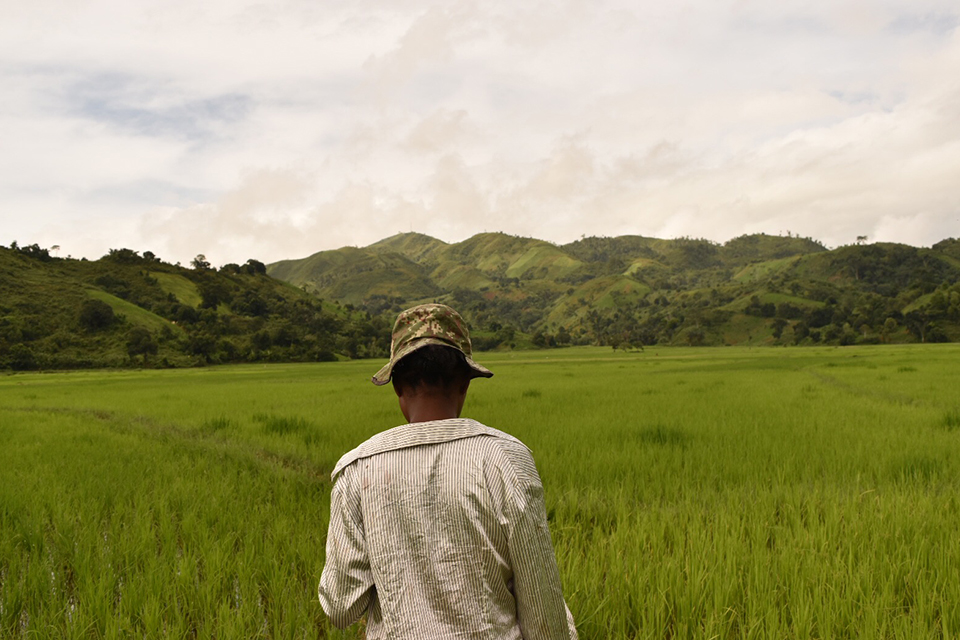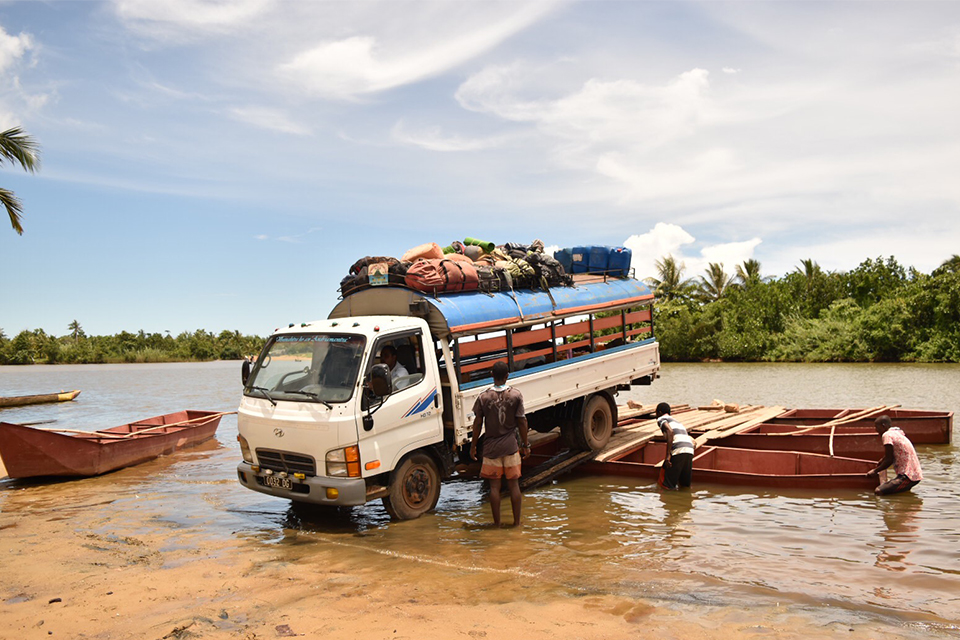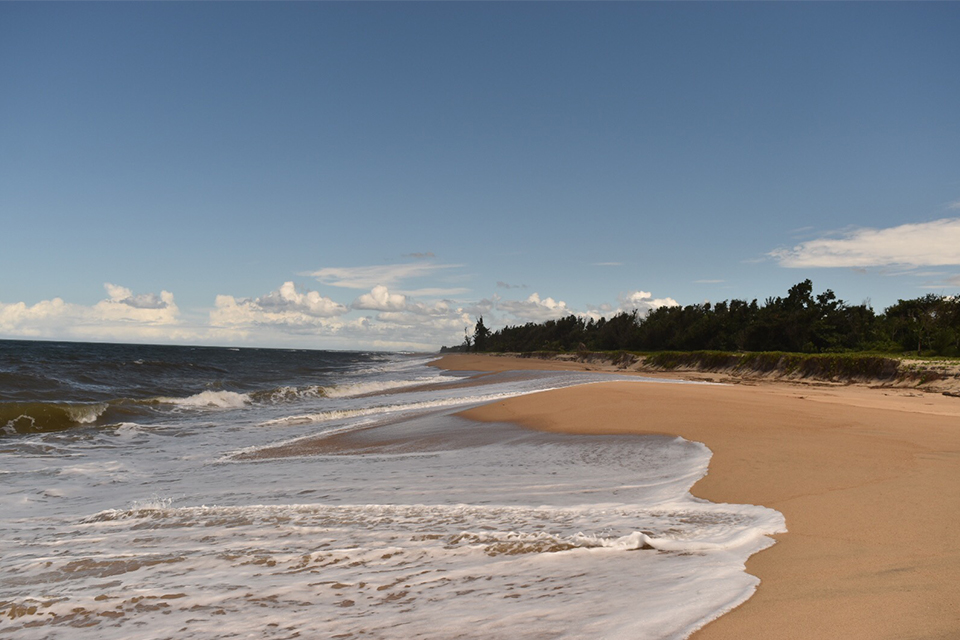Profile: Ione Hughes '19
Major/minor: Environmental Studies and Politics major
Study abroad program: SIT/ Madagascar: Biodiversity and Natural Resource Management (Spring 2018)
Reason you chose this program: I had been entirely convinced since I entered high school that I wanted to study abroad in France someday. As soon as I entered college, I enrolled in a beginning French language course to get one step closer to my dream. But when I entered my first study abroad advising appointment, it was clear to both me and my advisor that I was not particularly excited about the programs offered. She gave me some homework: to look through all the materials offered by Brandeis study abroad and find an exciting, interesting program.
I came back a week later with a few ideas, all wildly different from those I entered with on our first appointment date. We eventually settled on the SIT Madagascar program because it seemed to be the most well-rounded for my interests — and it would even allow me to use and improve all the French language lessons I suffered through in my first two years at Brandeis! I specifically wanted a program that would force me out of my comfort zone and allow me to experience an entirely different world from the one I was used to — and I got what I asked for!
Favorite class: One of my favorite aspects of this experience was that we didn’t really have formal class settings — most of our learning was done outside of the classroom. I loved this experiential style and I believe I learned so much throughout my semester about Madagascar’s environment and people. That being said, my favorite topic of study was our lemur behavior unit. I had never seen a lemur outside of a zoo before, and while we couldn’t get too close to the animals, we got to experience them in their natural habitats. Afterwards, we also got to interview the local village to gain an idea of their relationship with local wildlife, the laws that were in place to protect the landscape, and their place in the ecosystems. The entire experience was incredible and thought-provoking.
Housing situation: I was in a homestay for the length of my program. Everyone spent two months of the program with an assigned homestay family arranged by SIT. For one week within this time period, we stayed with a different homestay family in groups of two. We also spent a good amount of time away from our host families on excursions, during which we generally camped as a group or had arranged accommodations in hotels. For the last month of the program (the independent study portion), we had to arrange for our own housing with help from SIT staff. I ended up staying in two other homestays in two different villages, but other students rented Air Bnb’s, stayed in hotels or camped.
Best memory: One of my best memories from my abroad experience was when I was hiking 18 miles back from a rural village where I had conducted part of my independent research project. It was intense and hard, but I was so happy to be outside experiencing the beautiful landscapes of Madagascar and to be finished with the hardest part of my project. I had met a wonderful family that I stayed with in the village.
I remember that it started raining, so I decided to wait for my translator under one of the many food shops/shelters that profited off the many pedestrians who made the trek to this far away village. There were two puppies playing in the mud in front of me, I was drinking a hot cup of the Malagasy "tea" that they love to mix with more sweetened condensed milk than is necessary, and was making stilted conversation with the Malagasy people around me. It was a simple, but lovely moment in my crazy abroad experience.
Greatest challenge: My greatest challenge throughout this experience was definitely language barriers. I had taken the minimum amount of French to qualify for this program, but I was not good enough at the language to make for an easy transition.
Additionally, not everyone in Madagascar speaks French. We also learned the local language of Malagasy. My host parents did not speak French at all, so it was very difficult to communicate with them. I did the best I could with the French skills I had and the Malagasy I was able to learn in my three months, but it was without a doubt the most challenging (but rewarding) aspect of my experience.
What you know now that you didn't know before: I learned so much throughout my semester that I didn’t know before. I learned so much about Madagascar’s environment and the challenges associated with natural resource conservation under a corrupt governmental body. I also learned a lot specifically about poaching activities in rural Madagascar villages, and how laws imposed by international NGO’s can affect people’s livelihoods and lifestyles.
Fact about Madagascar that you think people would be surprised to learn: About 90% of Madagascar’s plant and animal species are endemic — meaning they’re found nowhere else on earth! Almost all of the island’s 103 species of lemur are considered rare, vulnerable or endangered.
“I specifically wanted a program that would force me out of my comfort zone and allow me to experience an entirely different world from the one I was used to – and I got what I asked for!”
Ione Hughes '19
